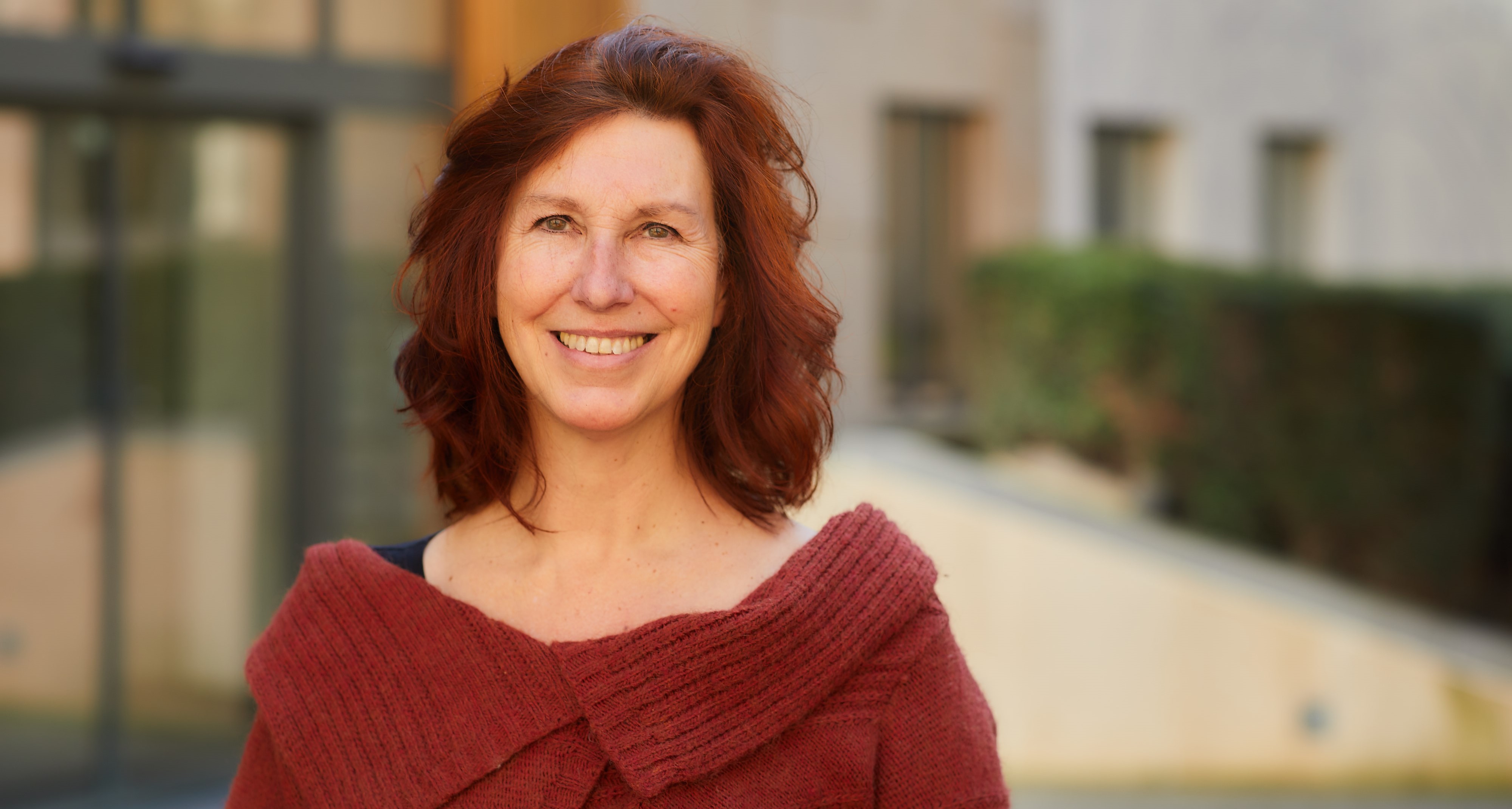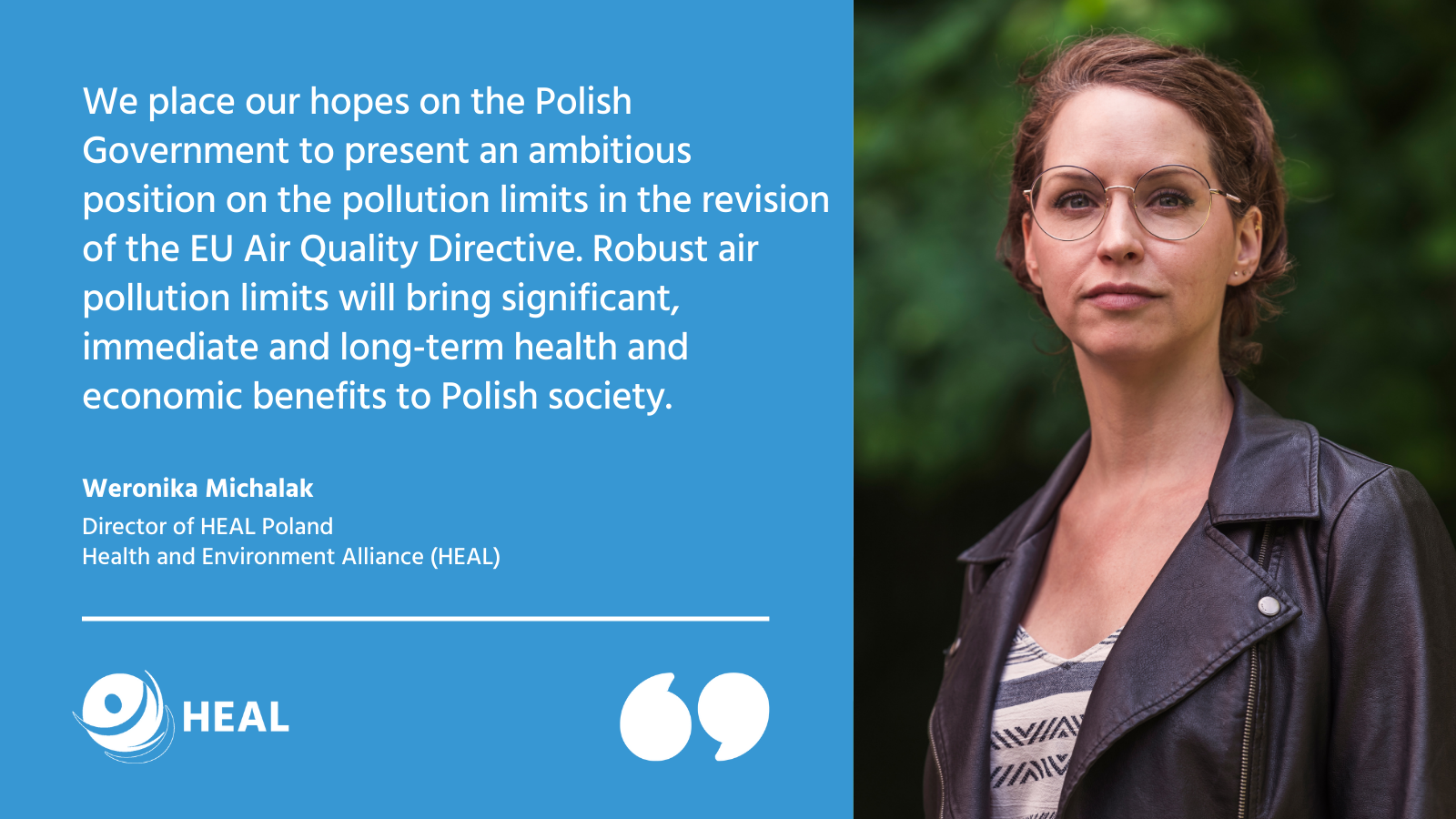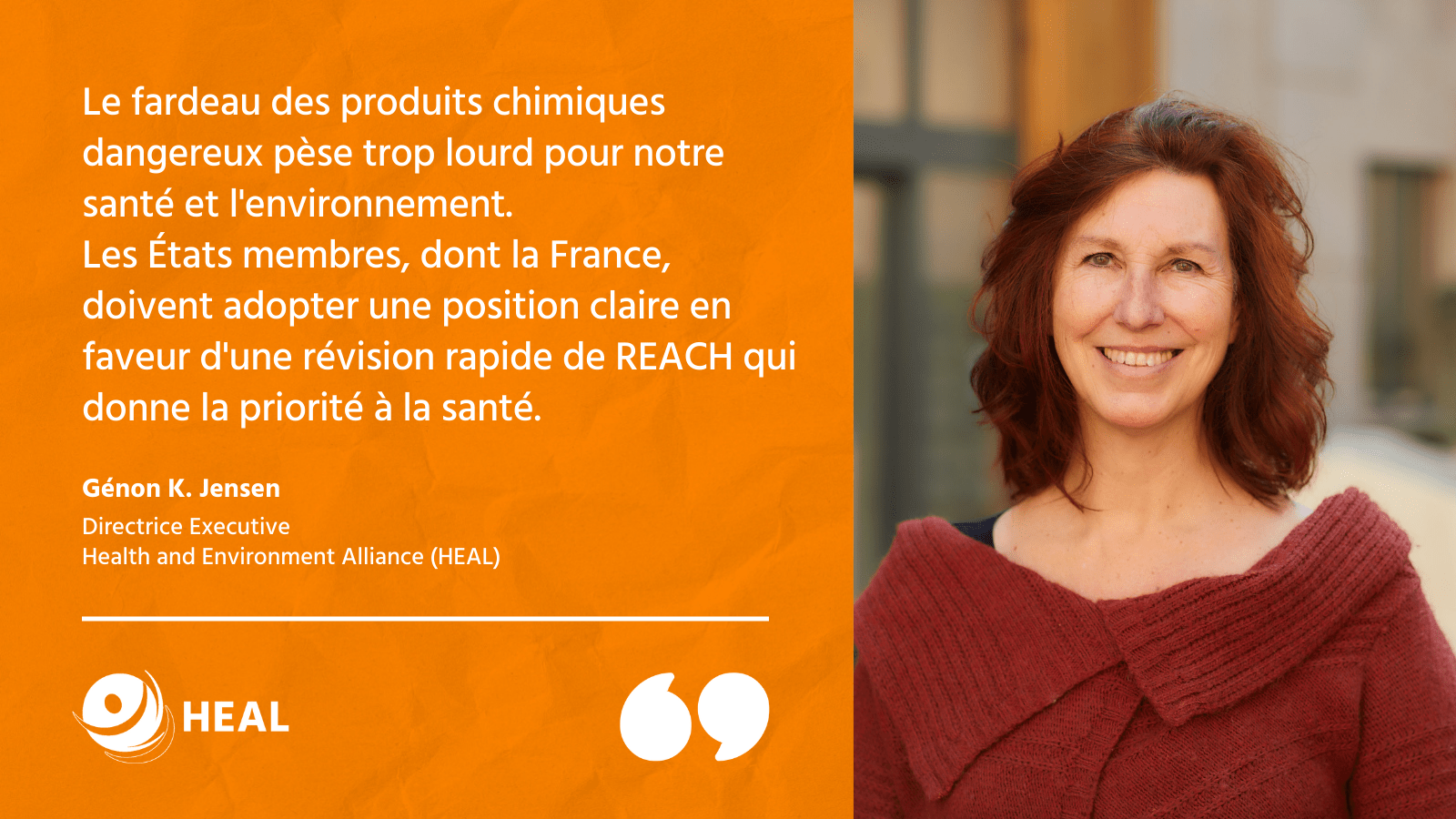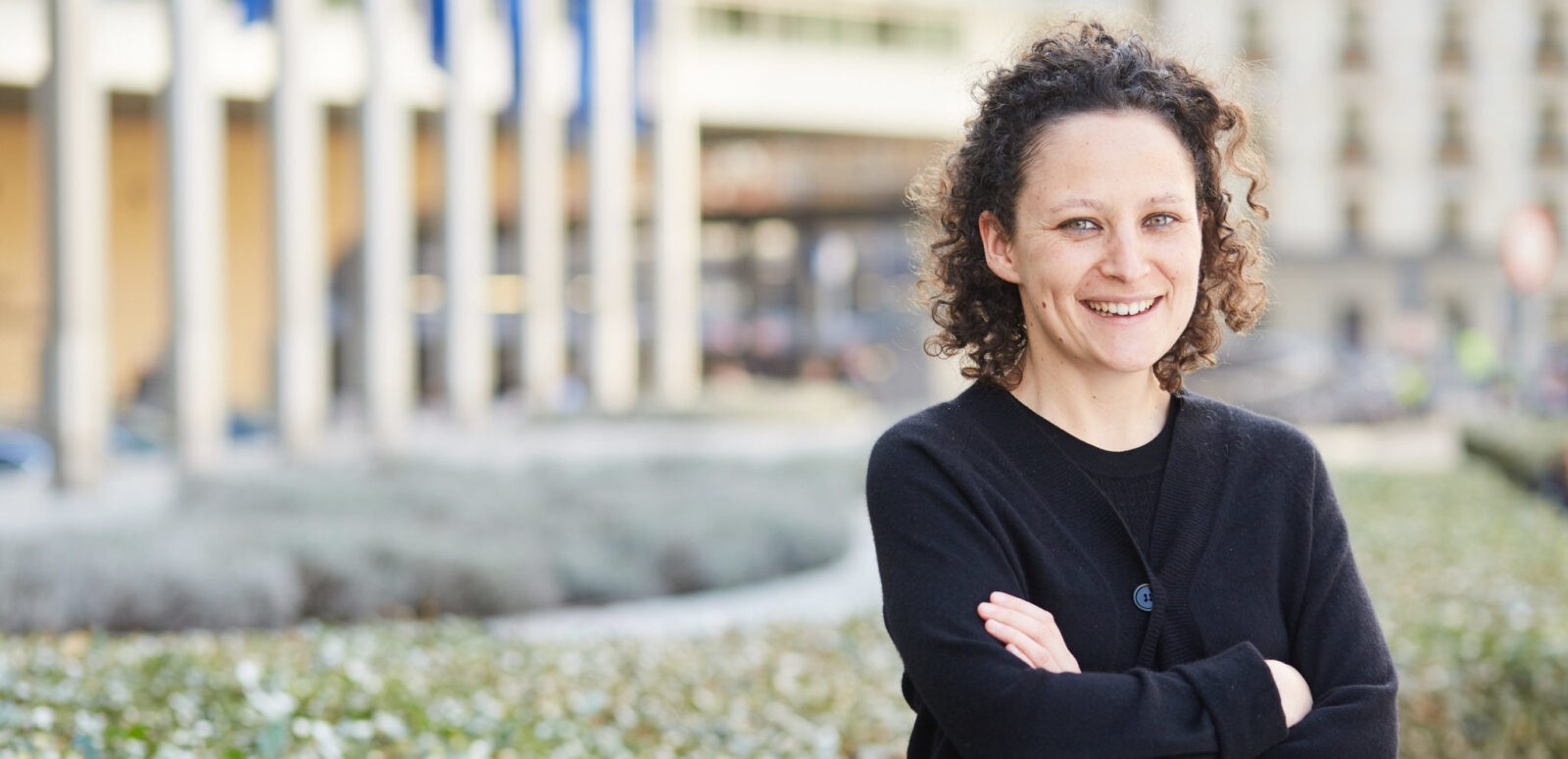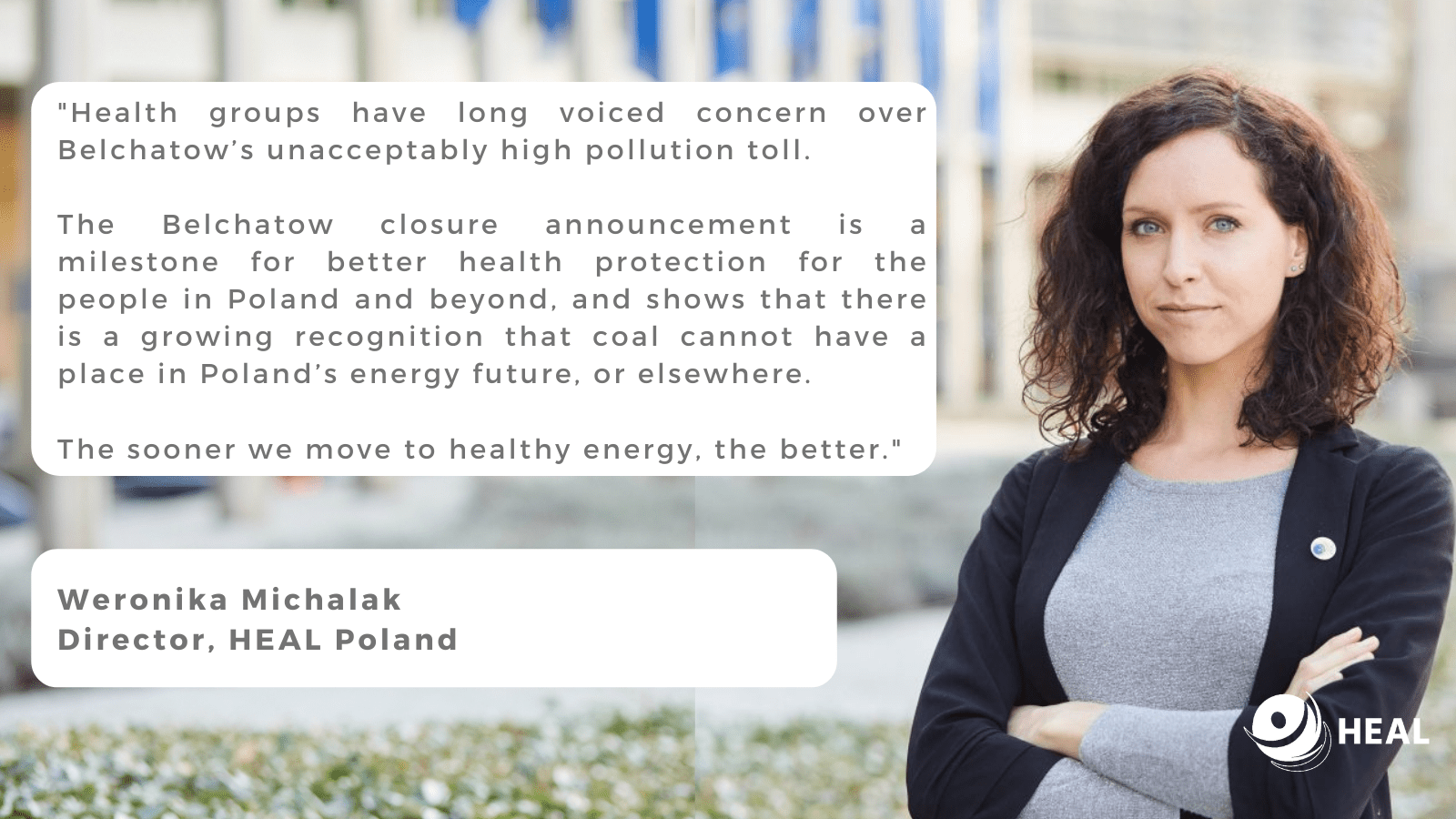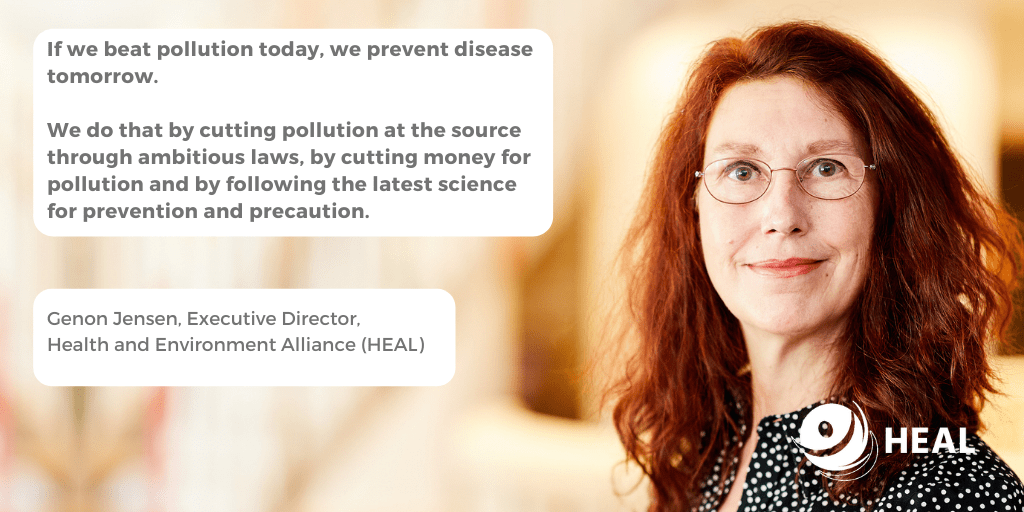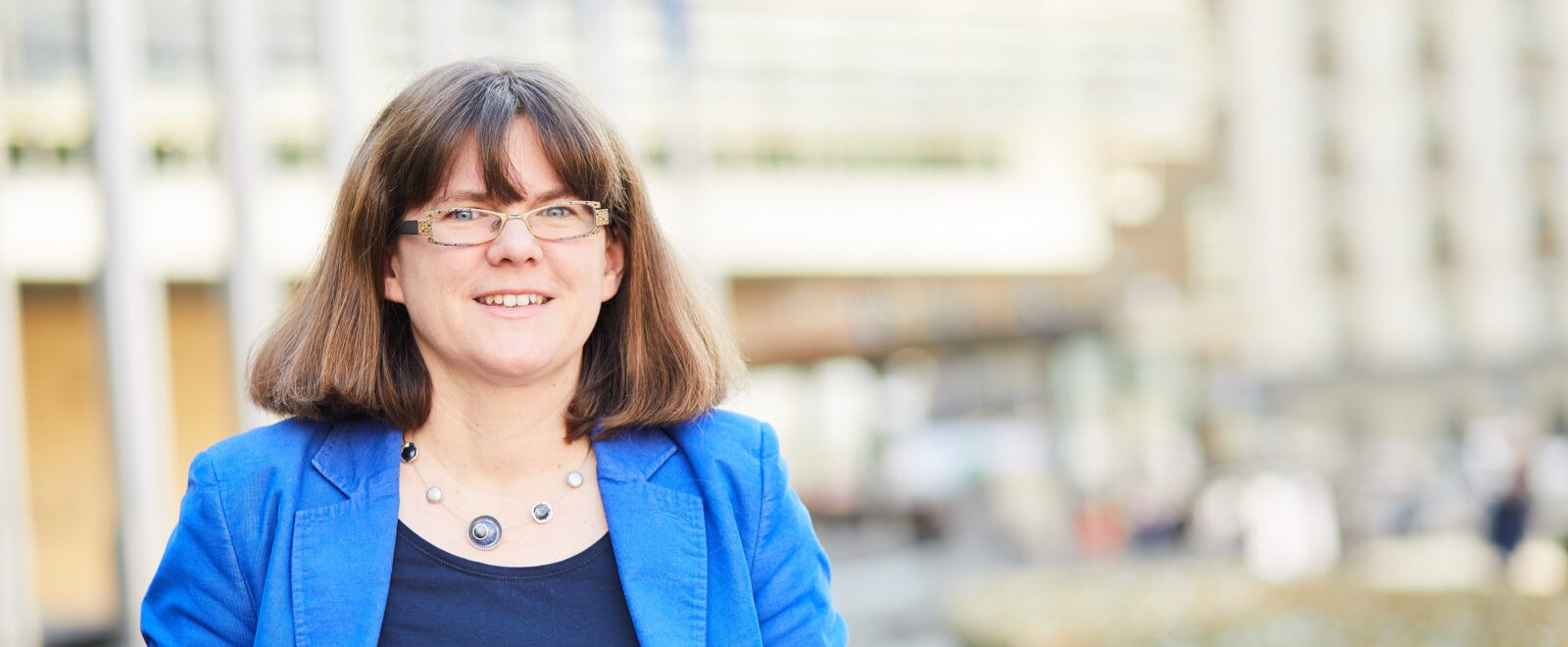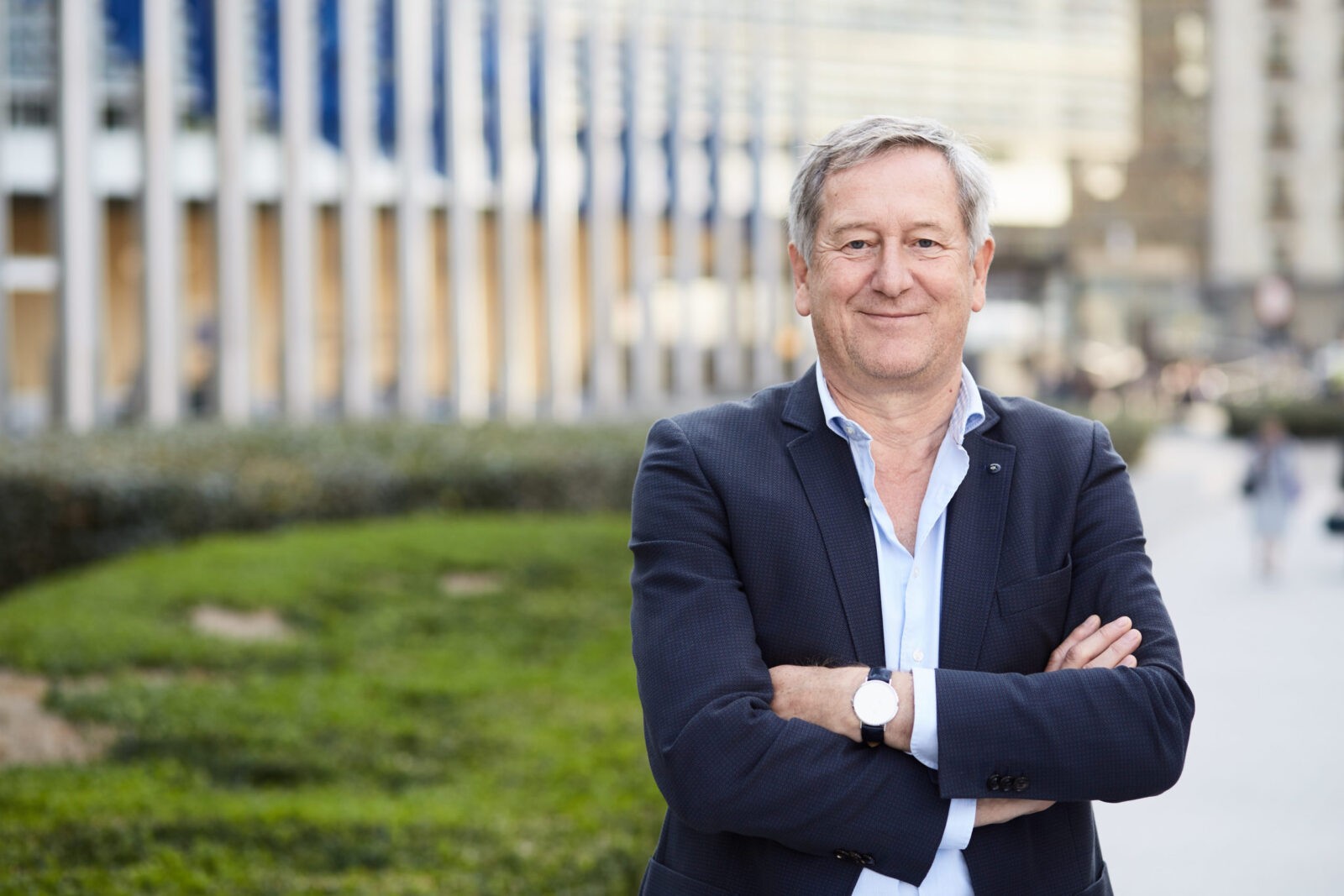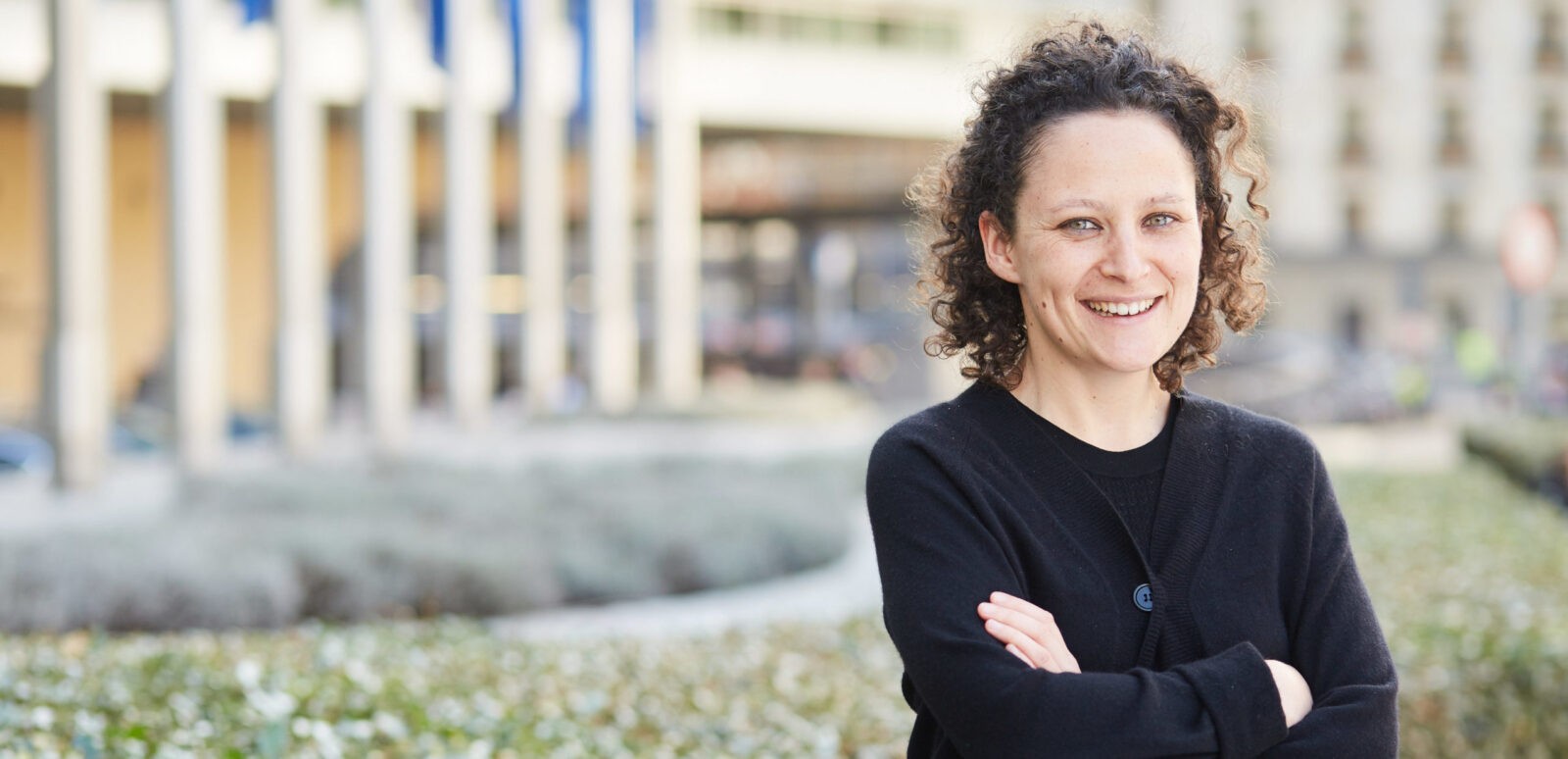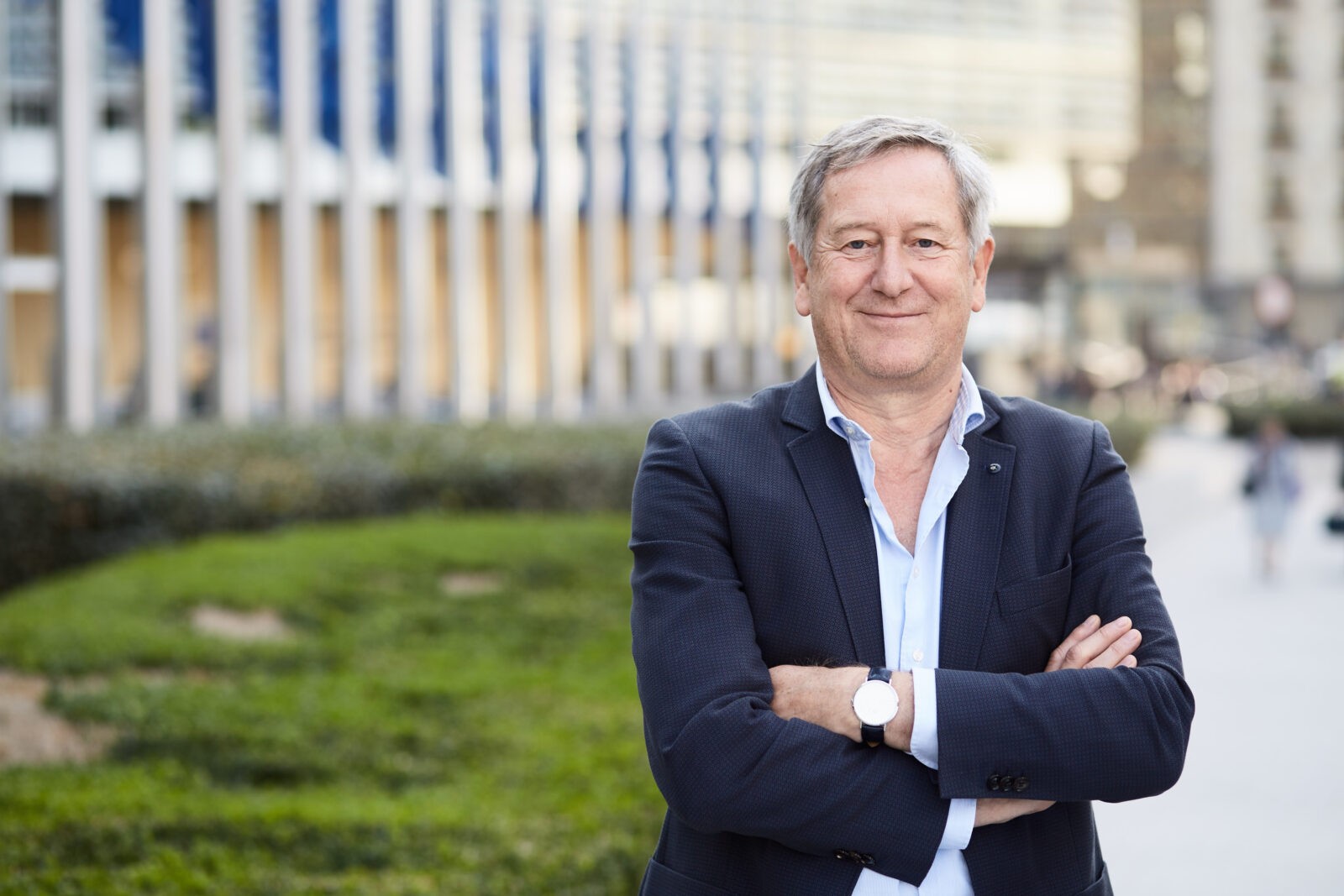The Polish EU Presidency needs to protect health from climate change, pollution and biodiversity loss
Opinion by HEAL Poland Director Weronika Michalak: as the urgency to act on the triple crisis - climate change, pollution, and biodiversity loss - becomes increasingly clear, I hope that the Polish Presidency of the European Union, which began on 1st January this year, will set the course for decisive EU climate and environmental policies aimed at protecting people's health across Europe.


